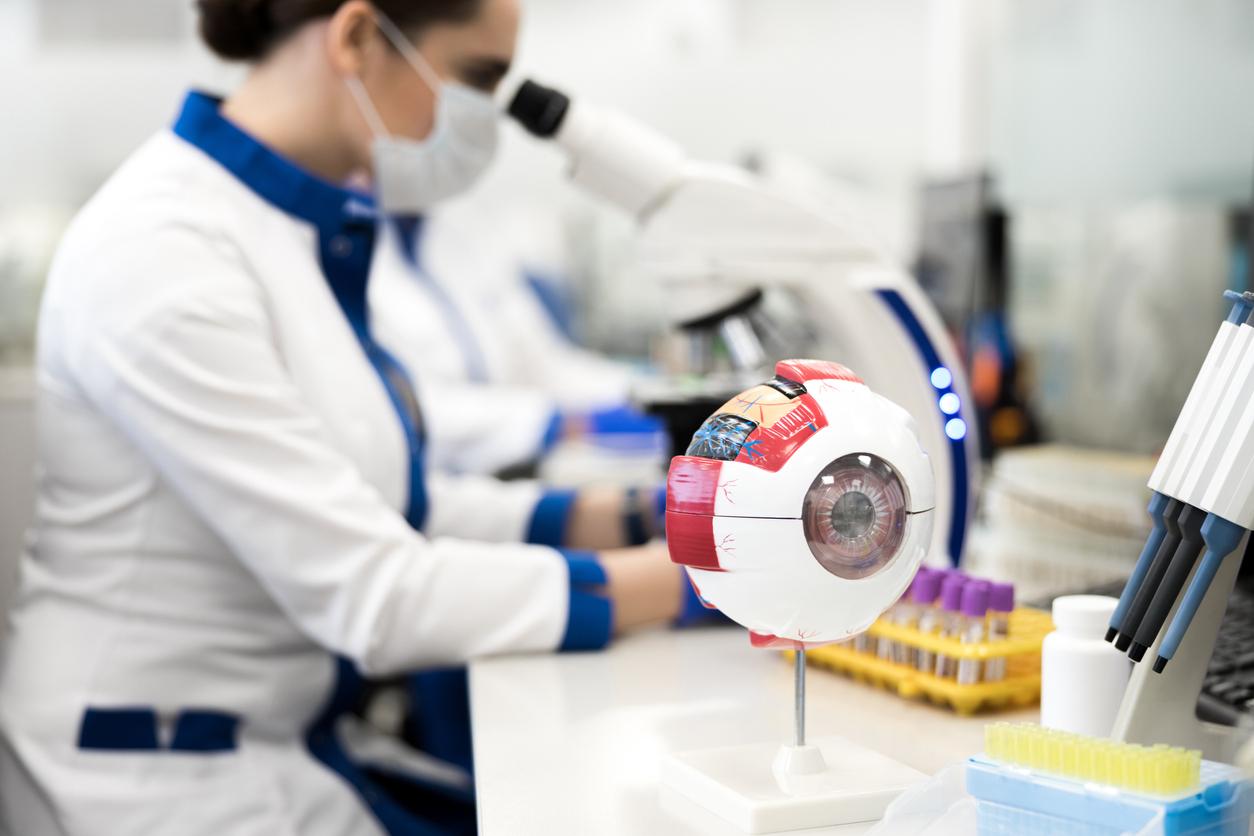David Bennett was the first man to receive a heart transplant from a genetically modified pig. Two months after the operation, he died at the age of 57.

- A xenograft corresponds to the transplantation of a graft or an organ, where the donor and the recipient belong to two different living species.
On January 7, 57-year-old David Bennett received the first human transplant of a genetically modified pig’s heart. The American needed this transplant because he had end-stage heart disease and could not receive a “classic” transplant. The 50-year-old had been operated on at the University of Maryland Hospital in the United States.
No signs of rejection for several weeks
According to the health facility, the patient died on March 8 in the afternoon, two months after the transplant. “His condition began to deteriorate several days ago. When it became clear that he would not recover, he was given palliative care,” can we read in a statement from the medical center published on March 9. The hospital said that before he agreed to receive the transplant, David Bennett had been informed of the consequences of the intervention and that it was an experimental procedure whose risks and benefits were unknown. .
“After the operation, the transplanted heart functioned very well for several weeks without any signs of rejection. The patient was able to spend time with his family and participate in physiotherapy activities to help him regain his strength. watched the Super Bowl with his physical therapist and often talked about wanting to come home to his dog Lucky,” have developed the researchers by emphasizing its “unique and historic role”.
This pig’s heart transplanted into a human “made it possible to gather valuable information”
“We gained invaluable insights and learned that the genetically modified pig heart can function properly inside a human body. We remain optimistic and plan to continue our work in future clinical trials,” said Muhammad Mohiuddin, scientific director of the hospital’s xenotransplantation program.
Dr. Bartley P. Griffith, who operated on the 50-year-old added: “This world-first transplant has yielded valuable information that we hope will help surgeons improve outcomes and save the lives of future patients.”















